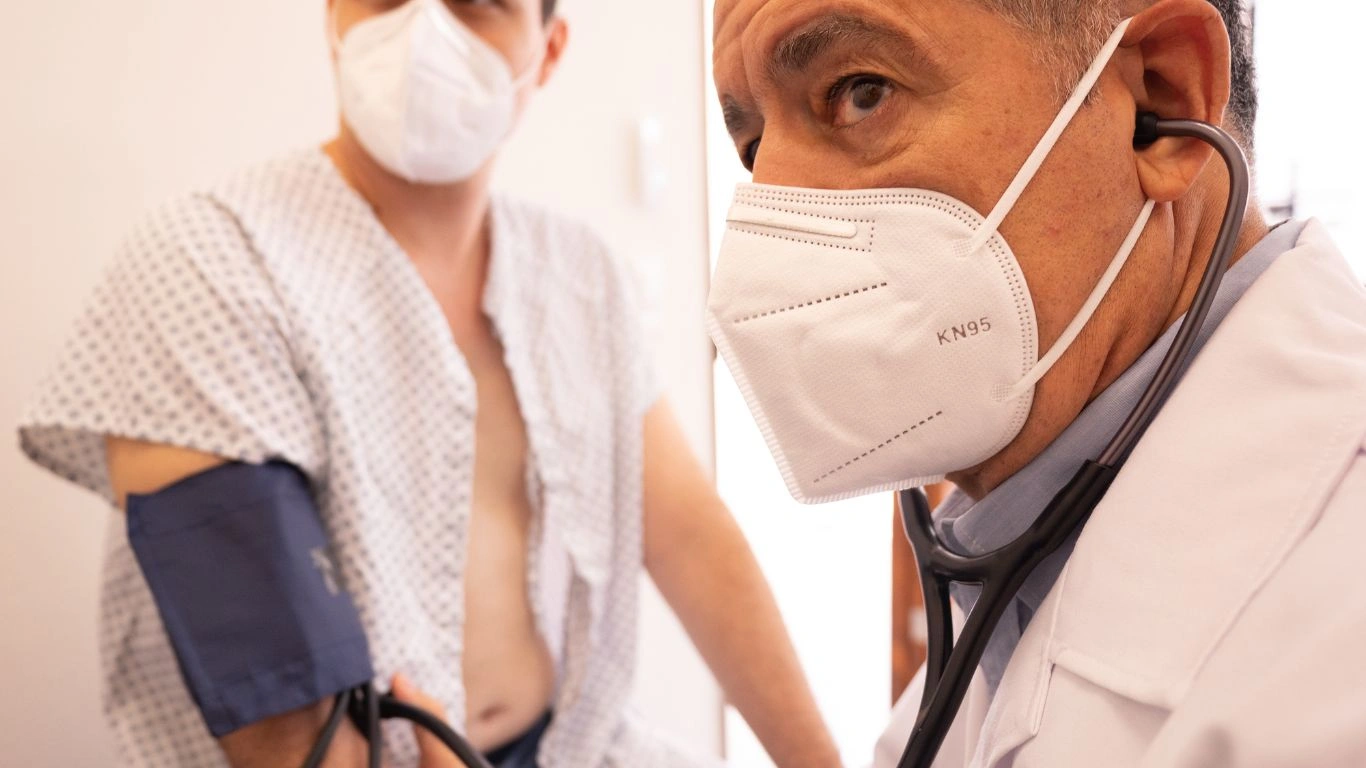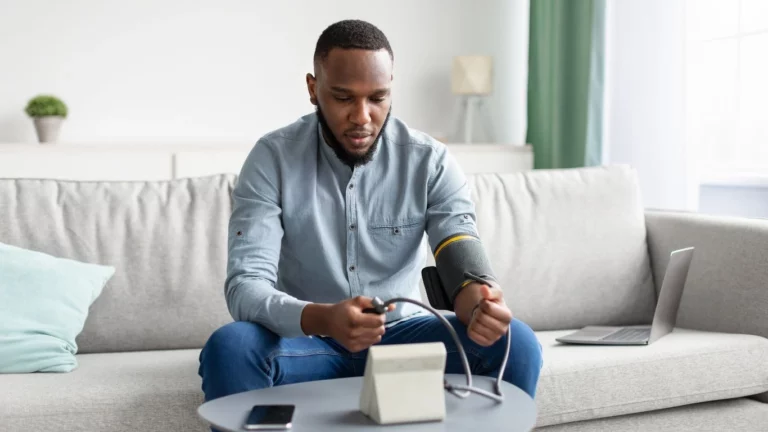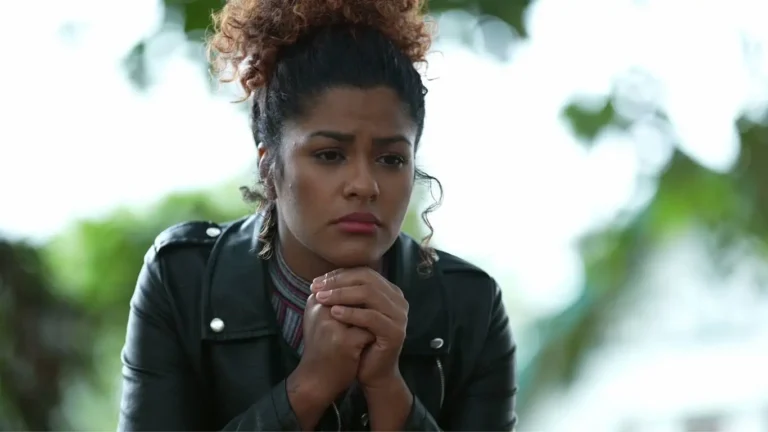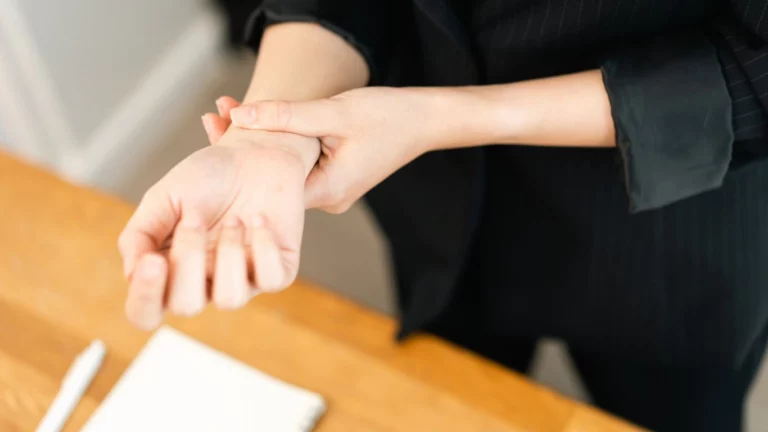Hypertension Warning: Why Ignoring It Can Be Deadly!
High blood pressure, or hypertension, isn’t just a medical term—it’s a silent force that sneaks up on millions of people, often without warning. I’ve spent years helping patients navigate this condition, and trust me, it’s something you don’t want to ignore. Your heart is working 24/7, tirelessly pumping blood to every inch of your body, and if your blood pressure is too high, that extra force puts immense strain on your arteries. Over time, this can lead to some serious complications, from heart attacks to strokes and even kidney damage. But here’s the good news: hypertension is preventable and manageable, and it all starts with understanding its impact and taking action.
What is Hypertension and Why Should You Care?

If you’ve ever had your blood pressure checked at the doctor’s office, you’ve seen those two numbers—systolic and diastolic. But what do they really mean? In simple terms:
- Systolic pressure: The top number, measuring the pressure in your arteries when your heart beats.
- Diastolic pressure: The bottom number, showing the pressure when your heart is at rest between beats.
Normal blood pressure is around 120/80 mmHg. Anything consistently higher can be a warning sign of hypertension. And here’s the kicker: many people don’t even know they have it until something goes wrong. That’s why it’s often called the “silent killer.”
The Hidden Dangers of Hypertension
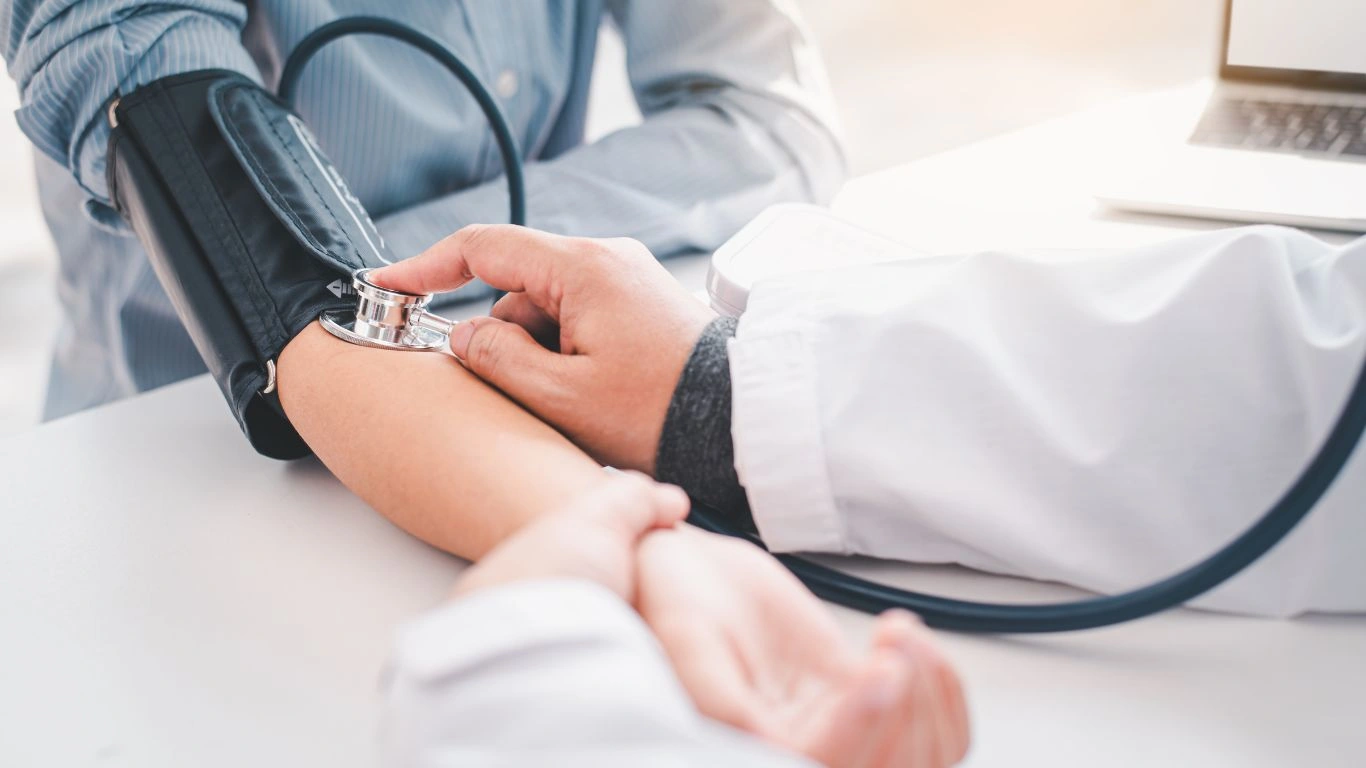
One of the biggest challenges I’ve seen in my years of practice is that people tend to downplay high blood pressure—until they’re dealing with the consequences. Here’s what unchecked hypertension can do to your body:
1. It Wreaks Havoc on Your Heart
Think of your arteries like a garden hose. If the pressure inside the hose is too high for too long, it weakens and starts to break down. That’s what happens to your arteries with hypertension, leading to:
- Heart attacks: Blocked arteries can stop blood flow to the heart.
- Heart failure: Your heart has to work overtime, eventually wearing out.
- Irregular heartbeats: High blood pressure can contribute to atrial fibrillation, which increases stroke risk.
2. Your Brain Takes a Hit
Hypertension is one of the leading causes of strokes. The extra pressure can weaken blood vessels, leading to ruptures or blockages. But that’s not all—it’s also been linked to cognitive decline and dementia.
3. Your Kidneys and Eyes Are at Risk
Over time, high blood pressure can damage the tiny blood vessels in your kidneys, leading to kidney disease. It can also affect the delicate vessels in your eyes, increasing the risk of vision problems or even blindness.
Early Warning Signs: Don’t Ignore These Symptoms
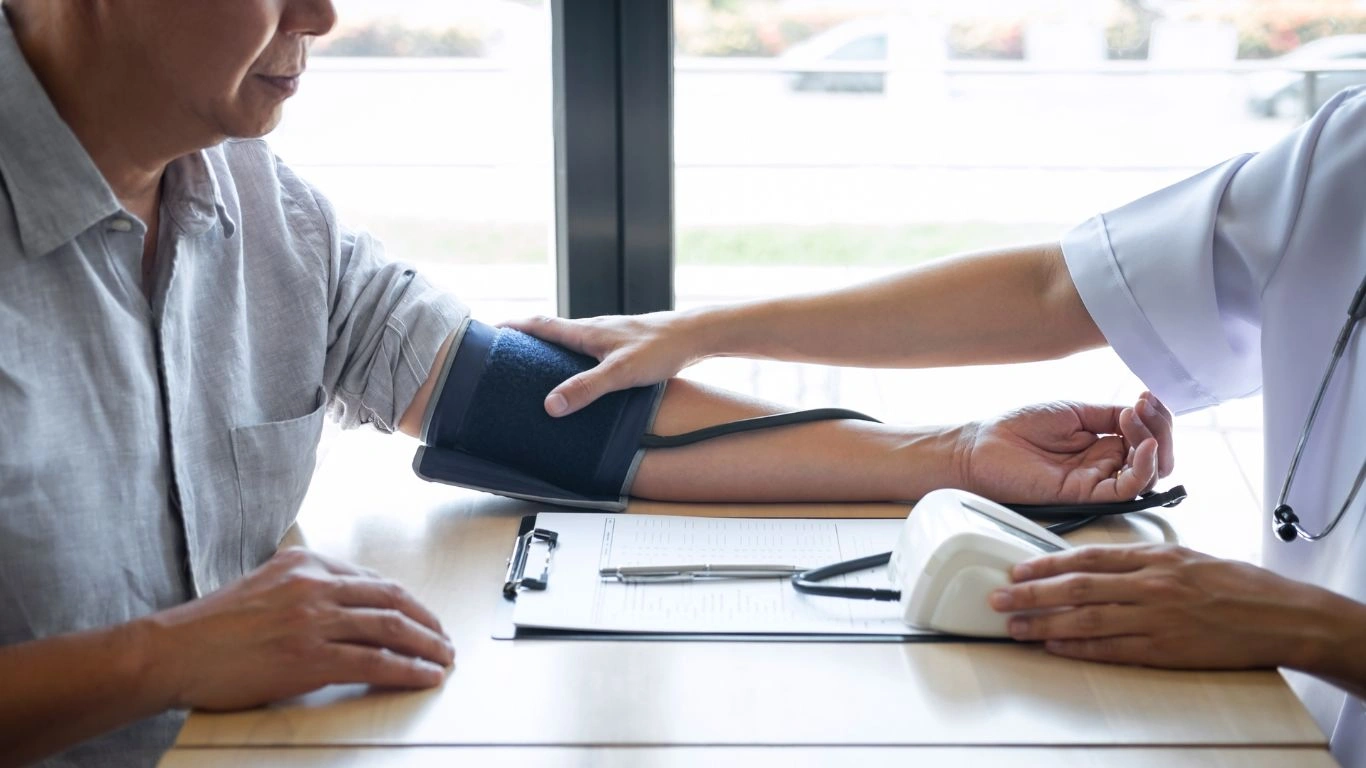
Most people with hypertension have zero symptoms, which is why regular checkups are crucial. But in some cases, high blood pressure can cause:
- Severe headaches
- Dizziness or blurred vision
- Chest pain
- Shortness of breath
- Nosebleeds (though this is less common)
If you’re experiencing any of these symptoms, it’s time to take them seriously. Ignoring hypertension won’t make it go away—it’ll just give it more time to do damage.
How Lifestyle Choices Impact Hypertension

In my years of working with patients, I’ve seen firsthand how much lifestyle choices impact blood pressure. I’ve had patients come to me on the verge of needing medication, only to turn things around by making key changes. The truth is, hypertension doesn’t just happen overnight—most of the time, it’s the result of daily habits that sneak up on us. But here’s the good news: small, consistent changes can make a massive difference.
1. The Role of Diet in Controlling Blood Pressure
Let’s talk about food, because what’s on your plate plays a huge role in your heart health. The Standard American Diet (SAD)—loaded with processed foods, sugar, and sodium—is a recipe for high blood pressure. If you want to take control, start by focusing on:
- Cutting back on salt: Too much sodium causes the body to hold onto extra fluid, increasing blood pressure. Stick to fresh, whole foods and check labels—processed foods are sneaky sodium bombs.
- Eating more potassium-rich foods: Potassium helps balance sodium levels and relax blood vessels. Load up on bananas, spinach, avocados, and sweet potatoes.
- Following the DASH diet: The Dietary Approaches to Stop Hypertension (DASH) diet is packed with fruits, veggies, lean proteins, and whole grains—all of which support healthy blood pressure.
- Limiting processed carbs and sugars: Refined carbs and added sugars contribute to weight gain and metabolic issues, which in turn drive up blood pressure.
I’ve had patients tell me, “But I don’t even use the salt shaker!” The reality? About 70% of the sodium in the average diet comes from packaged and restaurant foods, not the salt you sprinkle on your meals.
2. Exercise: Your Natural Blood Pressure Medicine
If there’s one thing I wish more people understood, it’s that exercise is medicine. Regular movement strengthens your heart, helps maintain a healthy weight, and improves circulation—all of which help keep your blood pressure in check. The best part? You don’t need to spend hours in the gym.
Here’s what works:
- 30 minutes of moderate exercise (like brisk walking, swimming, or cycling) most days of the week.
- Strength training a couple of times a week—muscle burns more calories at rest and supports cardiovascular health.
- Daily movement—even light activity like gardening or taking the stairs can add up.
One of my patients, a busy mom of three, swore she had no time to exercise. But after breaking it down into short, 10-minute walks throughout her day, she saw her blood pressure drop within weeks.
The Role of Stress and Sleep in Hypertension

Stress and sleep deprivation are two major (yet often overlooked) contributors to high blood pressure. When you’re constantly stressed, your body is in a state of “fight or flight,” which increases your heart rate and constricts blood vessels. Over time, this puts extra strain on your cardiovascular system.
1. Managing Stress for a Healthier Heart
Let’s be real—stress isn’t going away. But how you handle it makes all the difference. Some effective ways to keep stress in check include:
- Deep breathing and meditation: Taking just 5-10 minutes a day to breathe deeply can lower stress hormones and blood pressure.
- Engaging in hobbies: Whether it’s painting, reading, or playing an instrument, doing something you enjoy can help lower stress levels.
- Setting boundaries: Learning to say no and protecting your time is key to reducing stress.
One of my patients, a high-stress executive, saw a dramatic improvement in her blood pressure just by incorporating daily five-minute breathing exercises. Simple changes can have a big impact.
2. The Power of Quality Sleep
Did you know that poor sleep can spike your blood pressure? Your body repairs itself during sleep, and when you don’t get enough, your stress hormones stay elevated, which keeps your blood pressure high.
For better sleep:
- Aim for 7-9 hours of quality sleep per night.
- Keep a consistent sleep schedule, even on weekends.
- Avoid screens at least an hour before bed—blue light messes with melatonin production.
- Keep your bedroom cool, dark, and quiet to promote deep sleep.
One of my favorite tips? Try magnesium-rich foods like almonds or a warm cup of chamomile tea before bed—they can help relax the body and improve sleep quality.
Case Studies & Real-Life Examples

Over the years, I’ve seen some incredible transformations in patients who took control of their hypertension. These real-life stories prove that it’s never too late to start making changes.
Case Study #1: Mark, 52 – A Wake-Up Call Turned Lifestyle Overhaul
Mark was a hardworking corporate executive who lived off coffee, fast food, and five hours of sleep. He came to me with a blood pressure reading of 165/100—dangerously high. He felt fine, but routine bloodwork showed early kidney damage.
After a serious conversation, we made a game plan:
- He swapped out processed foods for home-cooked meals following the DASH diet.
- Started taking daily 30-minute walks and lifting light weights twice a week.
- Prioritized seven hours of sleep and cut back on caffeine.
- Practiced deep breathing exercises to manage work stress.
Within six months, his blood pressure had dropped to 130/85, and his kidney function improved. His secret? Consistency. He didn’t try extreme diets or workouts—he just stuck with small, sustainable changes.
Case Study #2: Maria, 67 – Managing Hypertension Without Medication
Maria had been on blood pressure medication for a decade but wanted to see if she could reduce her reliance on it. Her doctor approved a lifestyle-focused approach before adjusting her meds. We focused on:
- Reducing processed foods and sodium.
- Incorporating gentle yoga and daily walks for stress relief.
- Improving sleep hygiene (she struggled with insomnia).
- Adding magnesium-rich foods to support blood pressure regulation.
After a year, her doctor lowered her medication dosage, and she reported feeling more energized than she had in years. While not everyone can get off medication, lifestyle changes always help—whether alone or alongside treatment.
Key Takeaways: What You Need to Remember
If you only take away a few things from this article, let it be these:
- Hypertension is serious—it’s a silent killer, but also highly preventable.
- Small, sustainable changes in diet, exercise, and stress management make a massive difference.
- Regular blood pressure checks are crucial—don’t wait for symptoms.
- Medication isn’t failure—sometimes it’s necessary, but lifestyle always plays a role.
FAQs
Q: Can I lower my blood pressure naturally without medication?
A: Yes, many people successfully manage hypertension with diet, exercise, stress management, and sleep. However, if your numbers are dangerously high, medication might be necessary—always consult your doctor first.
Q: How much salt is too much?
A: The American Heart Association recommends less than 2,300 mg per day, but ideally, 1,500 mg for people with high blood pressure. That’s about one teaspoon of salt per day, including what’s already in food.
Q: Does drinking more water help lower blood pressure?
A: Staying hydrated supports circulation and can help regulate blood pressure, but it won’t fix hypertension on its own. It’s just one piece of the puzzle.
Q: Are there supplements that help with blood pressure?
A: Some studies suggest that magnesium, potassium, CoQ10, and omega-3s may support healthy blood pressure levels, but they should never replace medical treatment. Always check with your doctor before starting supplements.
Bonus: Additional Resources & DIY Tips
Want to take action today? Here are some practical, easy-to-follow tips:
- Meal Prep Like a Pro: Batch-cook healthy meals with lean protein, whole grains, and colorful veggies.
- Track Your Blood Pressure: Use a home monitor and keep a log—knowledge is power!
- Move More: Set a timer to get up and stretch every hour if you sit a lot.
- Try Meditation Apps: Apps like Calm or Headspace can help lower stress levels.
Appendix: References, Disclaimer, and Call to Action
For further reading, check out these trusted resources:
- American Heart Association
- National Heart, Lung, and Blood Institute
- Centers for Disease Control and Prevention
Disclaimer: This article is for informational purposes only and should not replace medical advice. Always consult your healthcare provider before making changes to your health routine.
Call to Action: If you found this helpful, share it with a friend or family member who could benefit. And don’t forget—schedule your next blood pressure check!

Dr. Gwenna Aazee is a board-certified Internal Medicine Physician with a special focus on hypertension management, chronic disease prevention, and patient education. With years of experience in both clinical practice and medical writing, she’s passionate about turning evidence-based medicine into accessible, actionable advice. Through her work at Healthusias.com, Dr. Aazee empowers readers to take charge of their health with confidence and clarity. Off the clock, she enjoys deep dives into nutrition research, long walks with her rescue pup, and simplifying medical jargon one article at a time.

